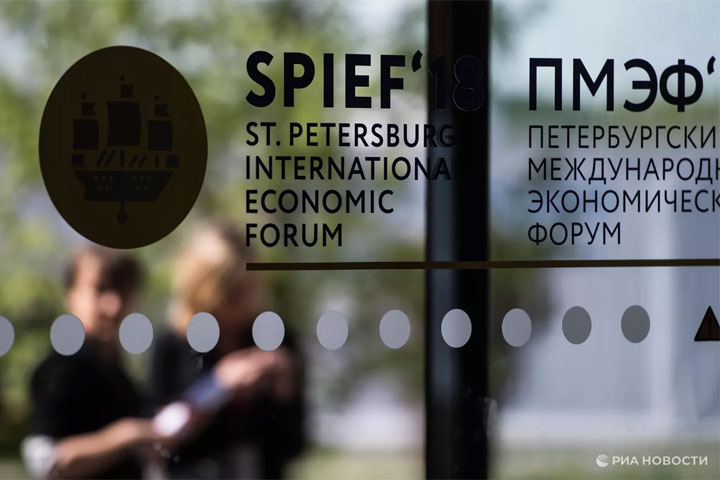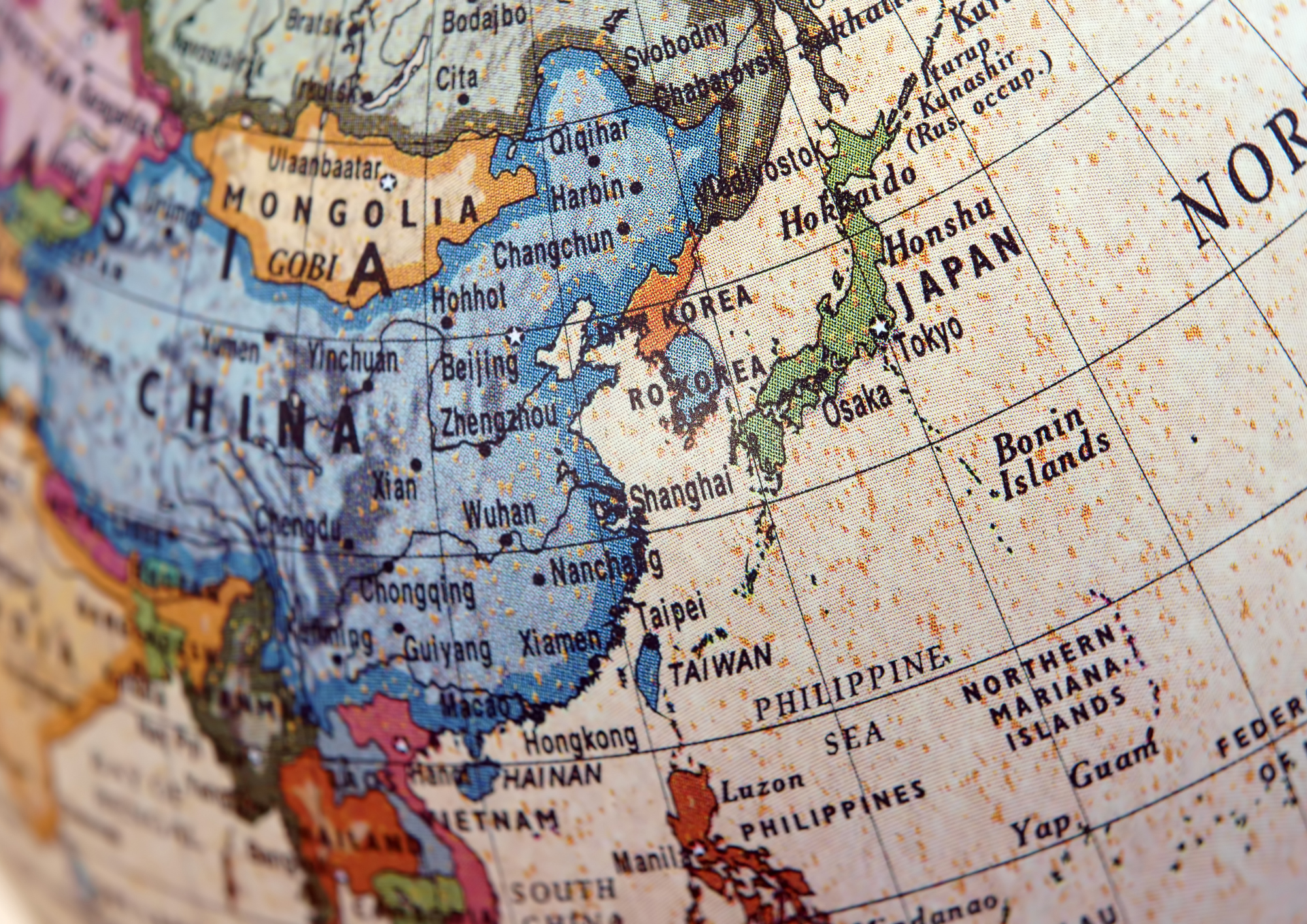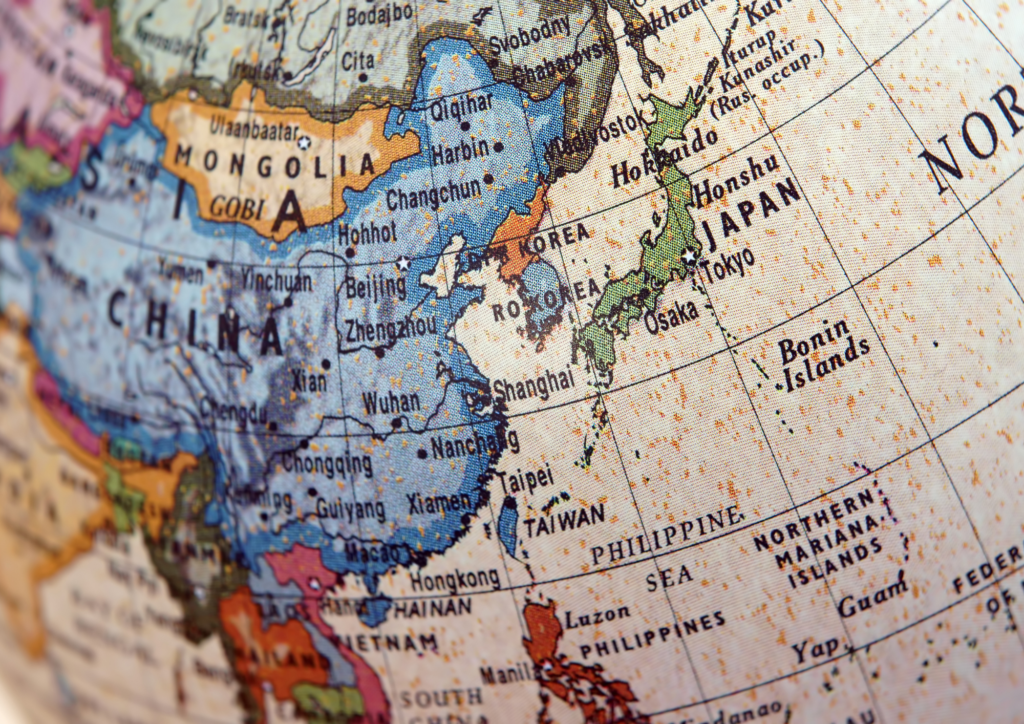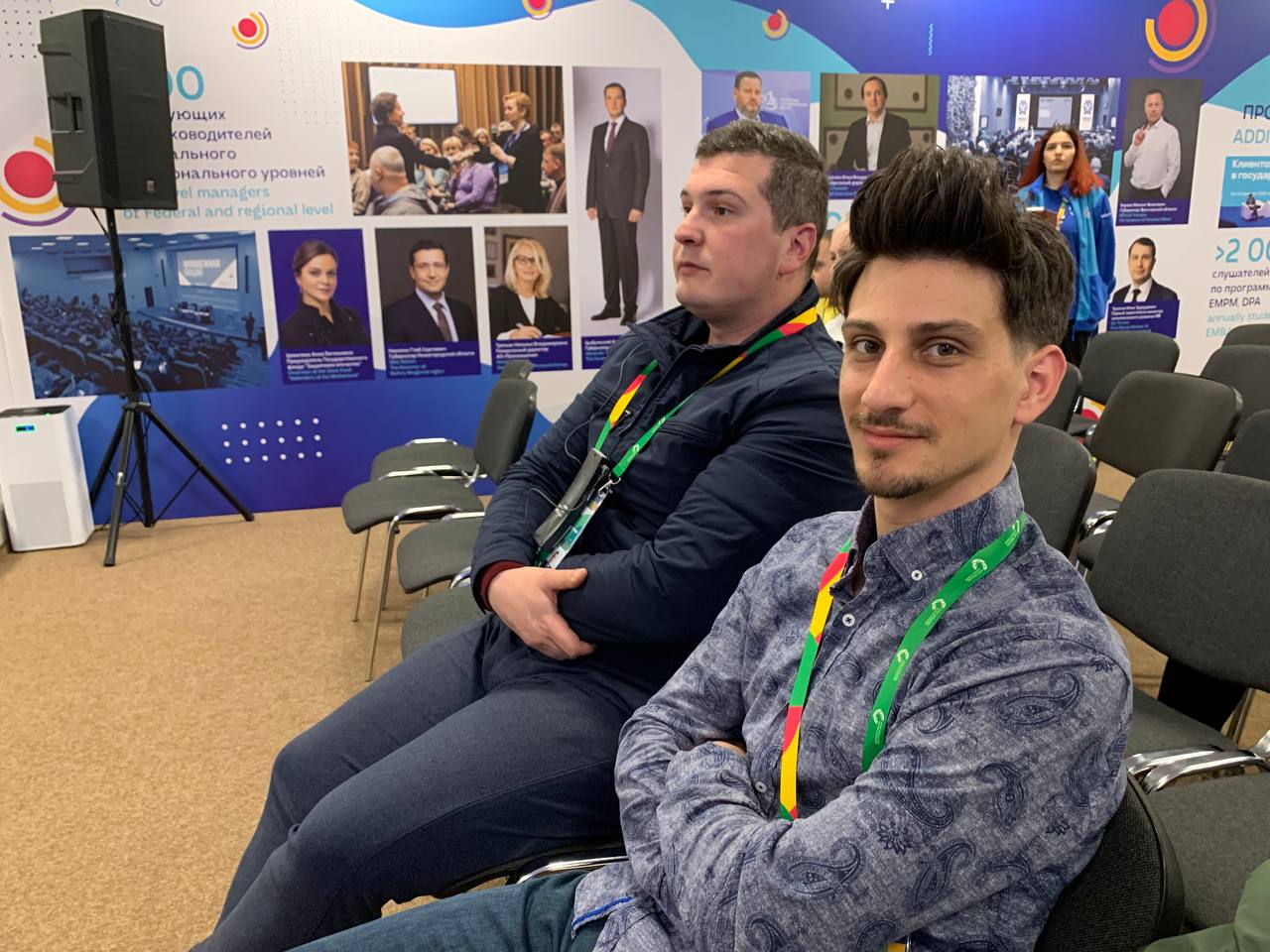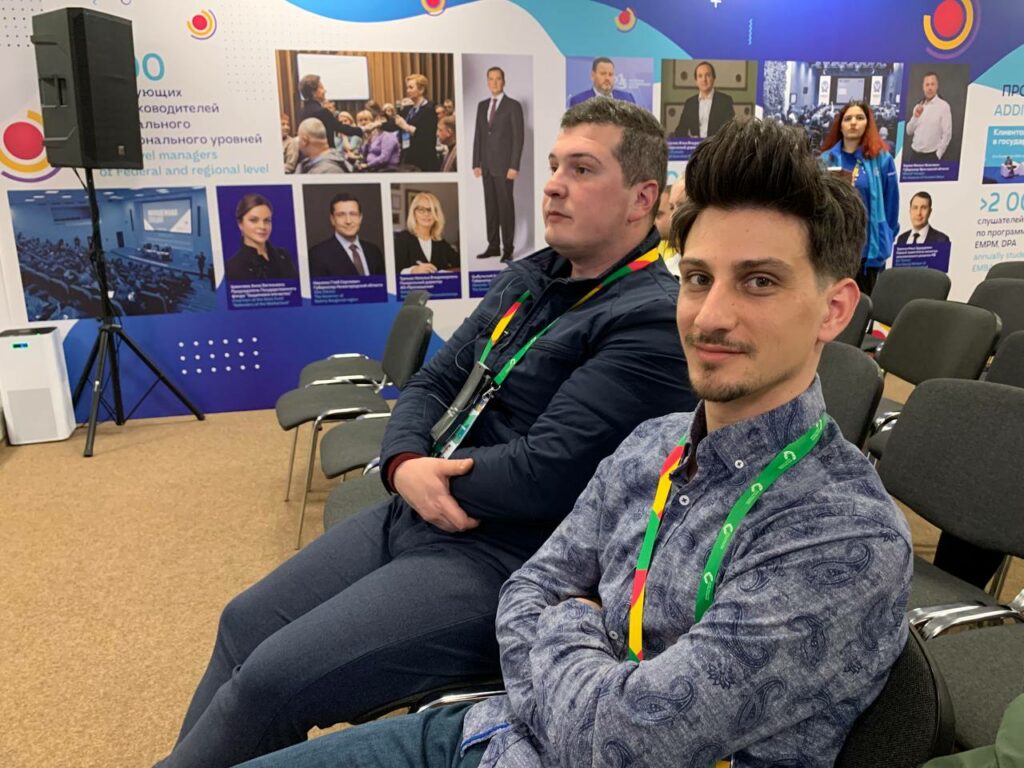
The 27th St. Petersburg International Economic Forum brought together leaders of leading Russian and foreign companies, representatives of government agencies, the political and scientific community in order to establish business contacts, find new partners, promising projects under discussion, and exchange views on current trends in world. politics and economics in broad and regional markets.
The prestige of the Forum as one of the most significant business events in the world continues to grow steadily. The forum is becoming more dynamic and sharper: decisions are made quickly and new projects are launched right after panel sessions.
Anton Kobyakov, the Advisor to the Russia’s President and Executive Secretary of the SPIEF Organizing Committee, noted: “This year, 21,800 people from 139 countries and territories took part in the Forum events. The Forum brought together representatives of countries interested in developing their paradigm of justice and a multipolar world.”
The freedom to choose the political and economic orientation of various world powers is confirmed by the slogan of SPIEF 2024: “The foundation of a multipolar world creates new points of growth.”
Key participants
Despite the sanctions against Russia, a record number of participants attended the Forum in 2024, which exceeded the figures of recent years. Guests and participants of the event gathered to discuss international trade and cooperation, sales markets, technology leadership and investment.
Leaders of four states arrived in St. Petersburg: President of Bolivia Luis Alberto Arcecora, President of Zimbabwe Emmerson Dambudzo Mnangagwa, President of the Republic of Abkhazia Aslan Bzhania, President of the Republika Srpska (Bosnia and Herzegovina) Milorad Dodik.
Forums became members of the royal families of Bahrain and Saudi Arabia: Abdullah Khalifa Salman Alkhalifa and Abdulaziz binman Sall bin Abdulaziz Al Saud.
Deals and contracts
In the St. Petersburg industrial sector (SPIEF), 1,073 agreements were signed in 2024 for a total amount of almost 6.5 trillion rubles, RIA Novosti reports with reference to the Roscongress Foundation.
“As a result of the forum, 1,073 agreements worth 6 trillion 492 billion rubles were signed (only agreements that are not subsequently considered a commercial secret are taken into account), of which 55 were with the participation of foreign companies,” the statement says.
According to Roscongress, the most valuable is the agreement between VEB.RF and PJSC RusHydro on the implementation of global generation projects in the Far East. It is planned that the program for creating and updating energy employment in the sectors will be implemented using the “Project Financing Factory” mechanism.


